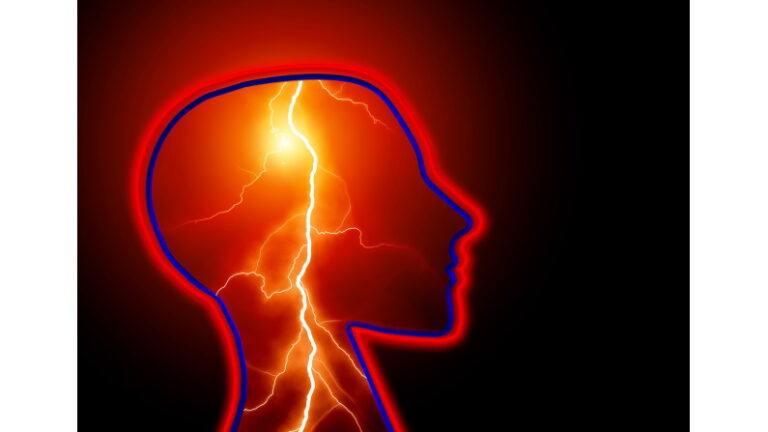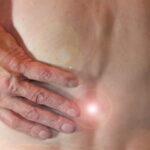It is notoriously assumed that addiction is a choice. But once you’ve used alcohol or a drug, the brain now controls the addictive habits. And just like any other disease, certain people are more at risk of developing it than others.
So what’s misconstrued as a choice, is really a complex disease of the brain.
If addiction is a biological disease, it means that there might be more than meets the eye for combating the disorder than just good habits and a promise to commit. In fact, addiction can be so overpowering that it destroys parts of the brain that would normally provide coping skills for crises specifically like these.
“The brain changes with addiction, and it takes a good deal of work to get it back to its normal state. The more drugs or alcohol you’ve taken, the more disruptive it is to the brain,” says Dr. George Koob, director of the National Institute on Alcohol Abuse and Alcoholism at NIH.
What Types of Behaviors Exhibit Healthy Brain Function?
When you exercise, have a great bedtime routine, and eat healthy food – these are all positive behaviors that the brain exhibits. Just like when you’re in a harmful situation, your brain knows when to promptly react accordingly. Temptation is a perfect example of how a healthy brain talks you out of something in order to make the right decision.
When you are struggling with addiction, the normal processes that take place in your brain have been compromised. Your brain now thinks that one of your healthy behaviors is to enjoy the drug or alcohol use and the pleasure from the experience becomes a positive reinforcement. And you feel anxiety and stress without the drug, because your brain has taught you that you’re in one of those harmful situations. You can’t relax until you have the drug in hand again.
The frontal cortex of the brain is responsible for helping people make a decision to stop taking a drug. Once you compromise the frontal cortex, you’ve also altered your decision making mechanisms. So no matter what the consequences are, you may not stop taking it.
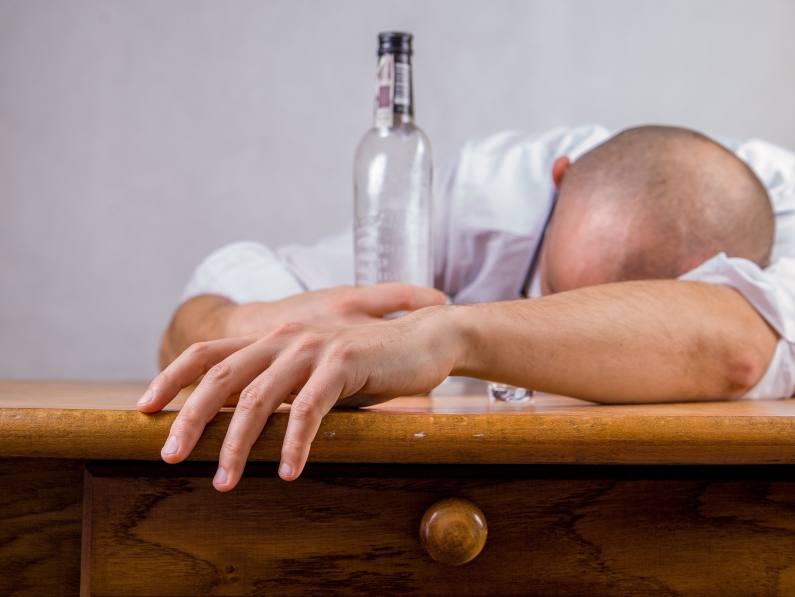
If Addiction is a Brain Disease, Who is Prone to it?
There are outside social situations that can increase your risk of forming an addictive habit. These can be having an alcoholic parent, high stress levels, or even surviving domestic abuse. Nevertheless, some people experience these situations and never become addicted, while others live a happy life but still fall prey.
Its not yet scientifically proven why only some people become addicted. And scientists have not yet isolated any specific gene for it.
The American Society of Addictions Medicine defines addiction as a “chronic disease of the brain.”
Also, genetics account for 50% of the likelihood that someone will develop an addiction.
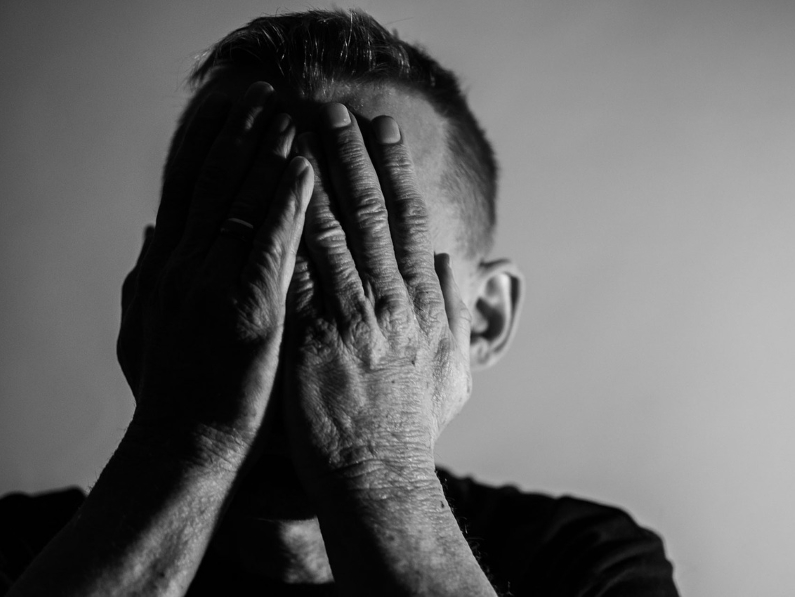
The Drama With Alcohol
Alcohol has an effect on the hypothalamus, which regulates stress. Since withdrawal is stressful in itself, a cycle ensues. Using alcohol (or drugs) interferes with stress regulation while withdrawal promotes stress.
Needless to say, it is difficult to decide when alcohol has become addictive, and it is difficult to stop.
Alcohol has been proven to alter the brain’s homeostasis, brain chemistry, communication pathways, and brain structure. With a compromised cerebral cortex, decision making is no longer rational. This is when impulsive behavior begins.
How Does Addiction Occur?
Here is proof that addiction stems from processes of the brain.
Someone may come home everyday from work and use marijuana. While that reflects a “bad habit” that they can choose to break, it is actually the brain’s amygdala taking control. The brain’s amygdala directly correlates itself positive and negative memories.
Even when that person tries to break the habit of using marijuana after work, they can’t. The amygdala reinforces the positive memories associated with that experience. And as mentioned above, habits are easier to form once our brains correlate them with a positive memory.
Thanks to neurobiological research, we are beginning to view addiction differently. We’ve now established that certain activities can be addicting, but the problem is that our braining functioning worsens the condition.
In the later half of the century, our understanding of addiction has advanced. We can understand now that our brains’ pathways become altered enough to habituate pleasurable experiences. Because our brains accommodate to things easily, we easily fall into the habit of addictive pleasures.
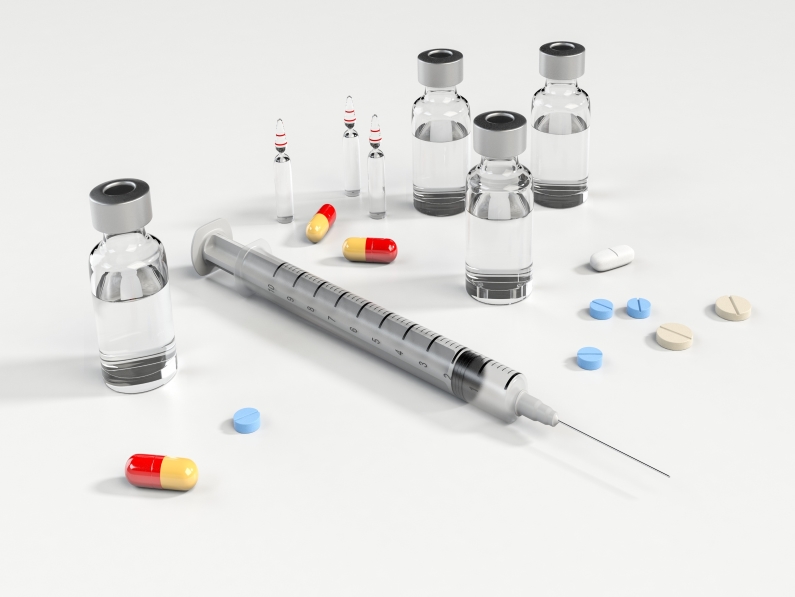
Treating Addiction and the Brain Right
Though treatment depends on the extent of the addiction, only some are able to stop with their own willpower. Others may require months or longer of treatment. There are many different types of medications on the market. When addicts use them in combination with behavioral therapy, they can be effective.
Scientists and researchers are also hoping to improve therapies to work more effectively.
We’ve come a long way in terms of how we view addicts; previously we called them fickle, irresponsible, and poor decision makers. But we now know that biology plays a major role in how becoming trapped in negative habits. While addiction is a brain disease, it is certainly not an excuse for carving out a life of addiction.
For more information on addiction, visit https://www.apa.org/topics/addiction/.


